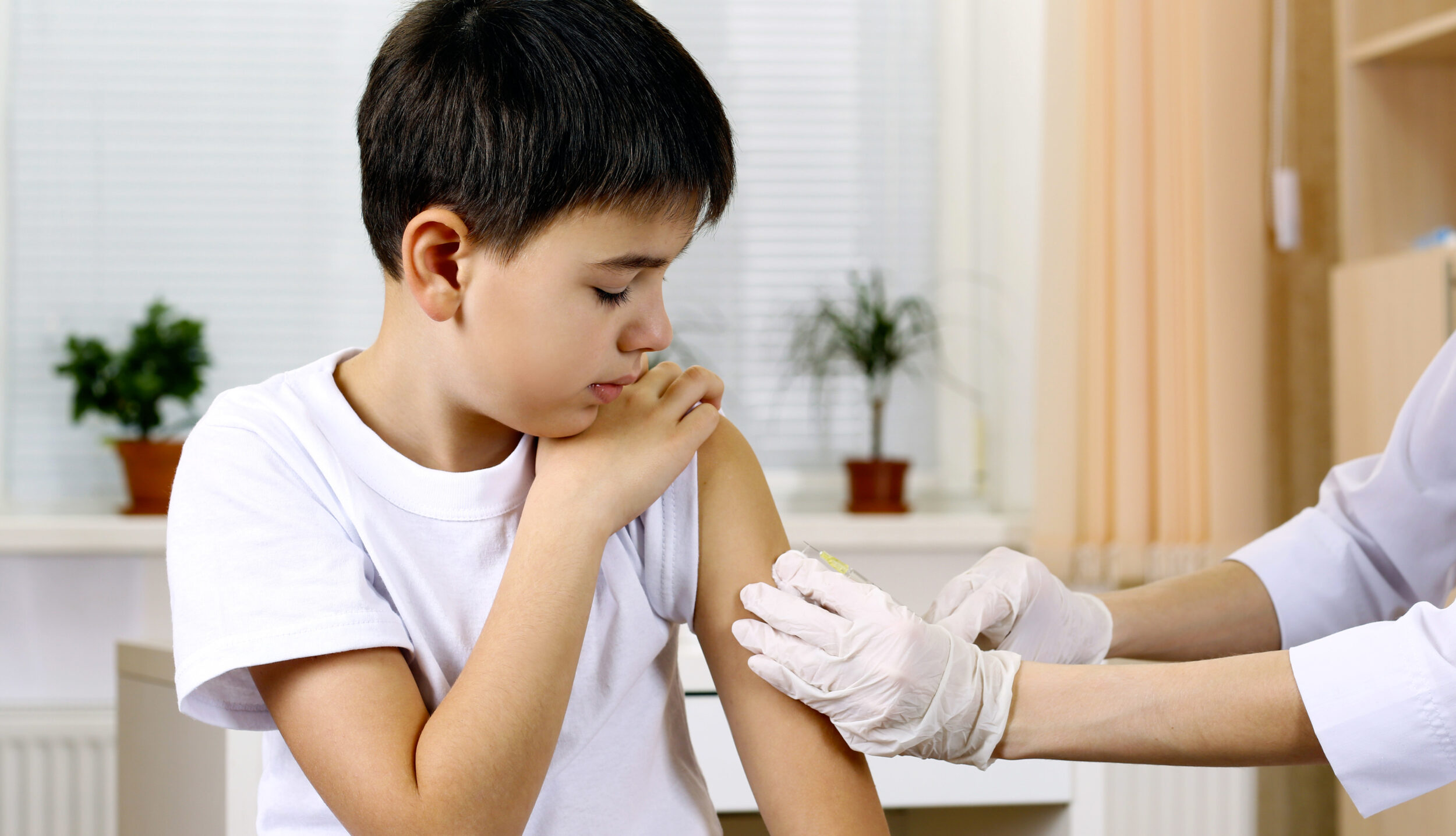In 2011 and 2015, Québec was hit with outbreaks of measles—a childhood infection that can be prevented by a free vaccine. The doubts that currently hang over vaccination have opened the door to new episodes.
83% of parents who hesitate to vaccinate their children are concerned with the potential side effects of the vaccines and 77% doubt their efficiency.
One-third of Québec parents hesitate when it comes to vaccinating their children. Ultimately, some will agree to all vaccines, others will refuse some and a minority will decline every one. All told, 80% of children in Québec are vaccinated according to the immunization schedule set out by the government. While the figures are positive, there is certainly room for improvement. By comparison, immunization coverage in Australia is 95%.
Ève Dubé, professor in the Faculty of Social Sciences at Université Laval and researcher at the CHU de Québec-Université Laval Research Centre, conducted some 100 interviews and analyzed the responses to 2 000 questionnaires to better understand the factors that cause parents to doubt and the reasons why healthcare professionals spend more time discussing vaccination than before.
Her initial findings revealed that 83% of parents who hesitate to vaccinate their children are concerned with the potential side effects of the vaccines and 77% doubt their efficiency: two misconceptions that tend to spread through social media.
Surprisingly, educated parents with good jobs, including people in the health sector, waver the most. Ève Dubé notes that they ask a lot of questions, seek more knowledge and are highly critical of the information on vaccination. She also deplores the lack of tools and training to support health workers. Her hope is that her research will help the government and medical community better promote vaccination.




